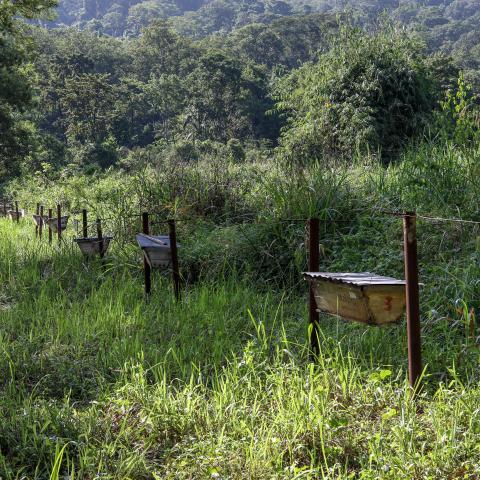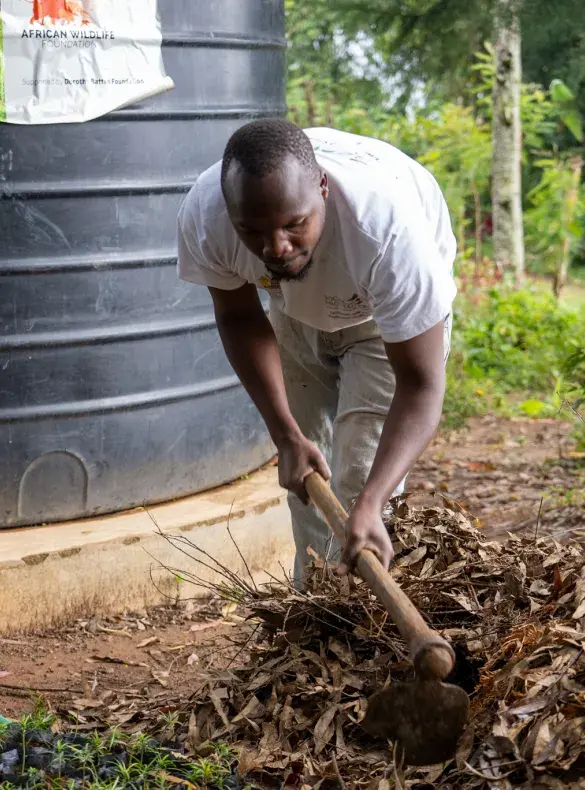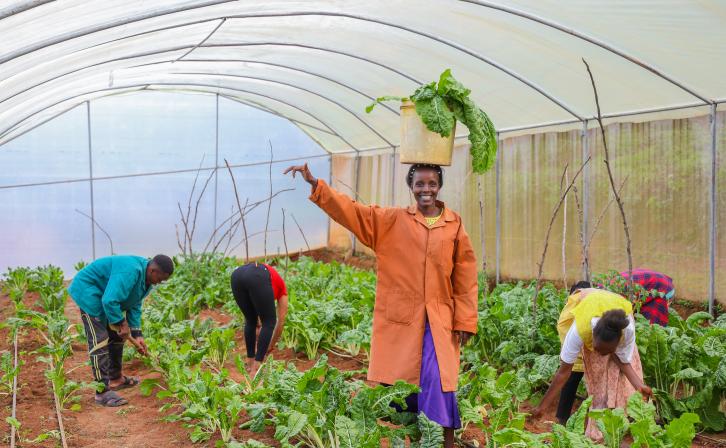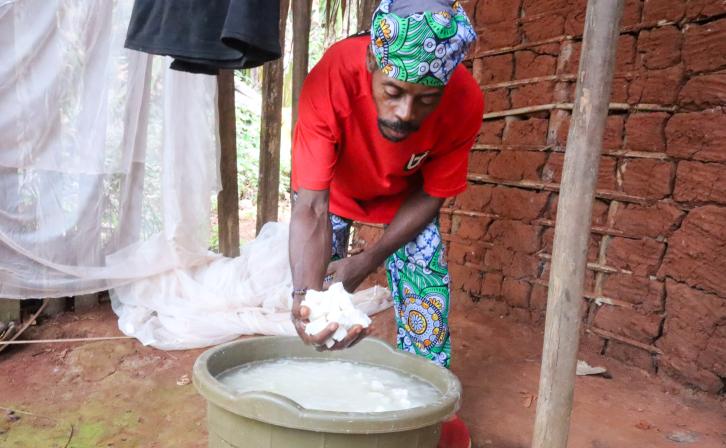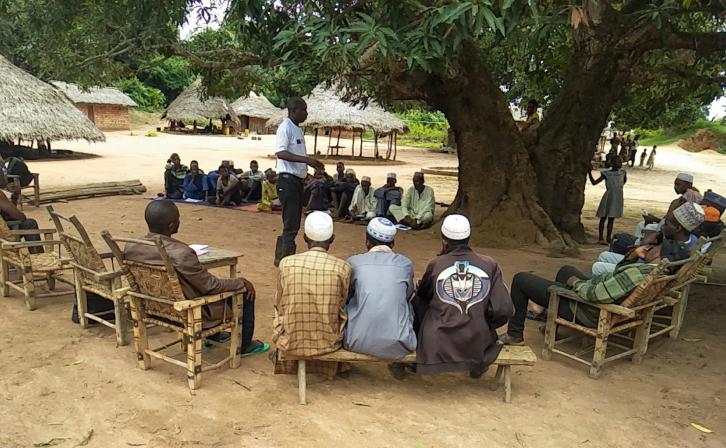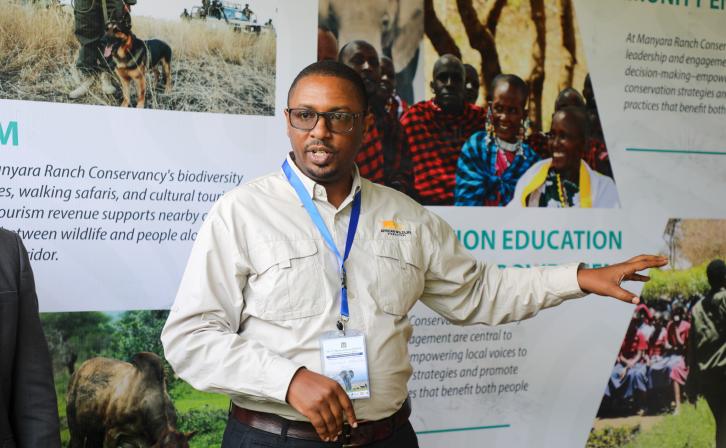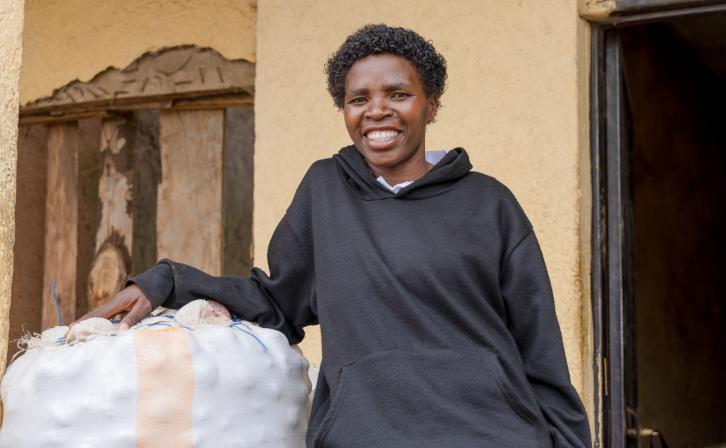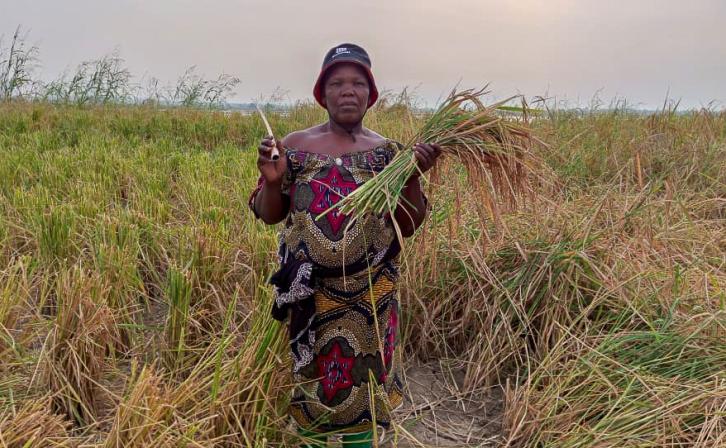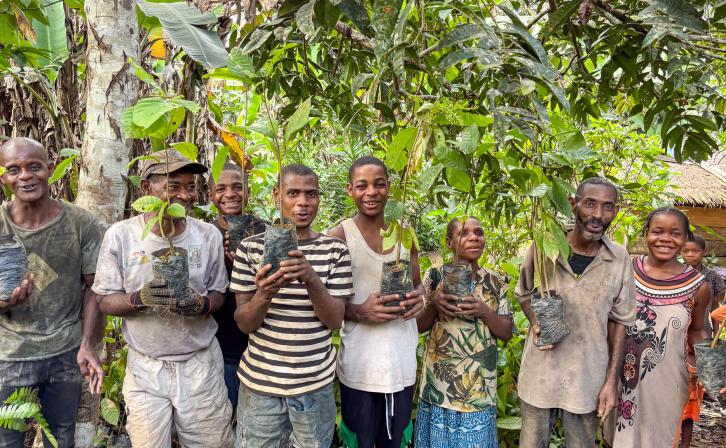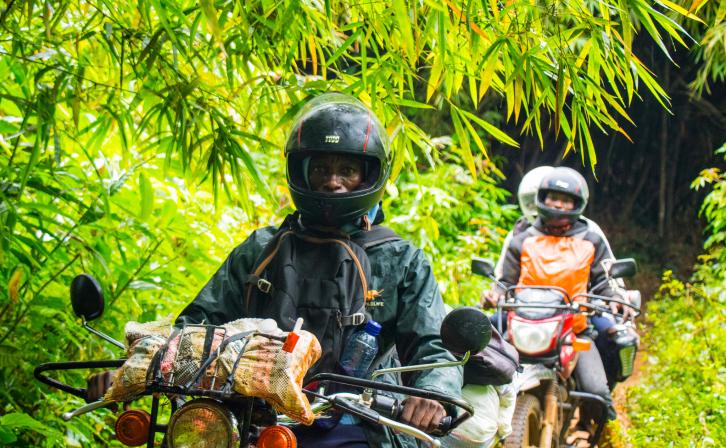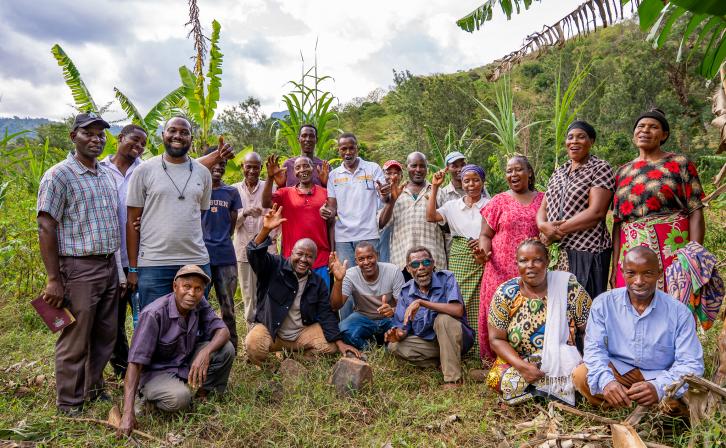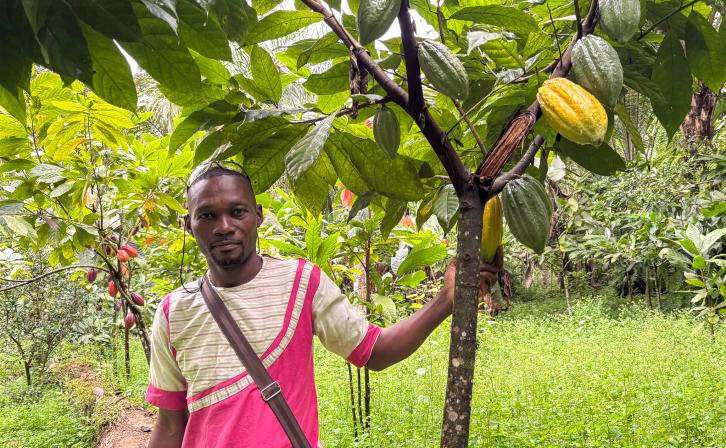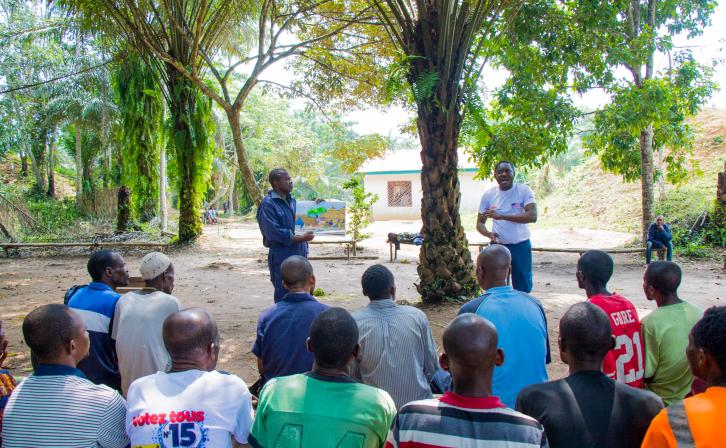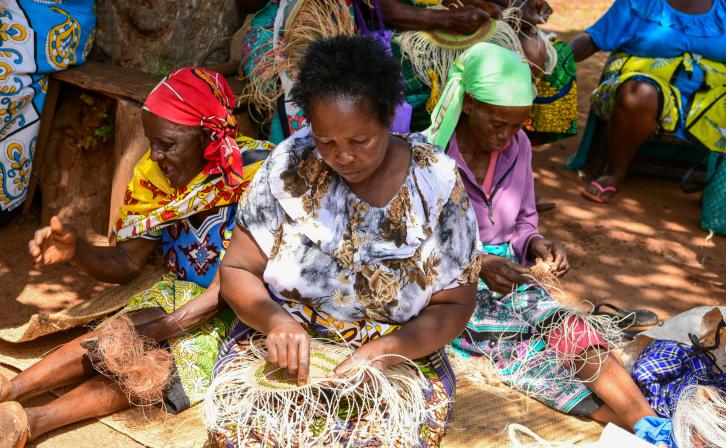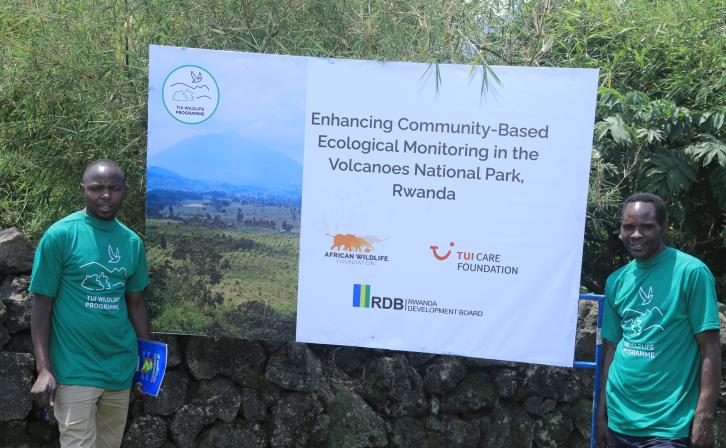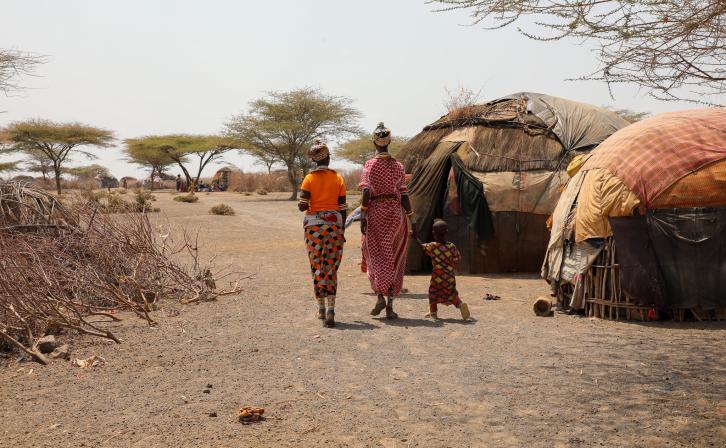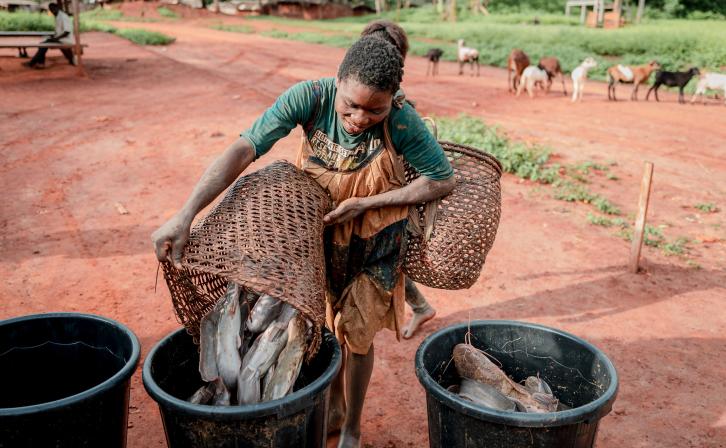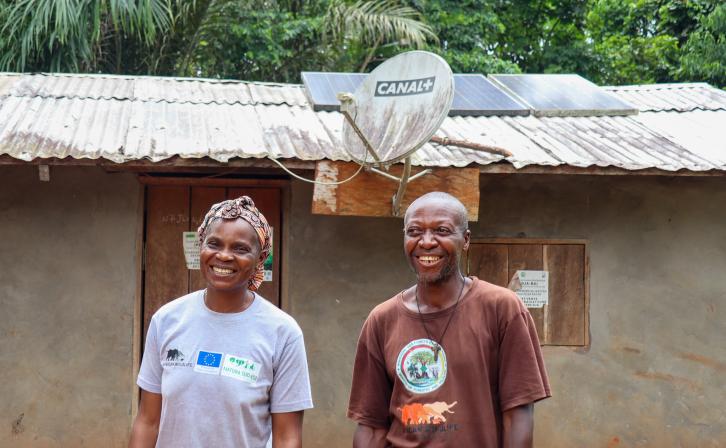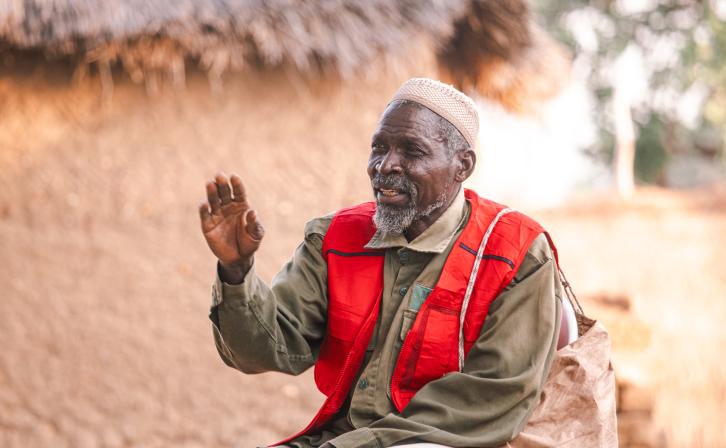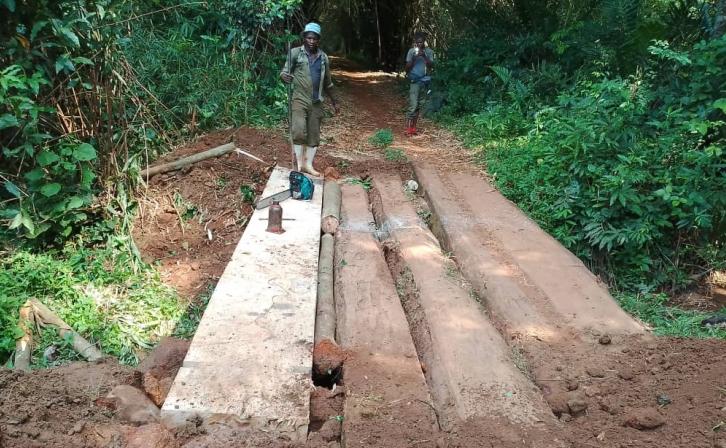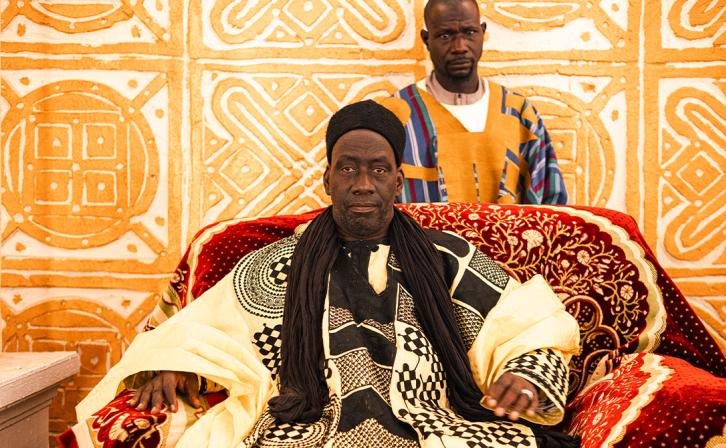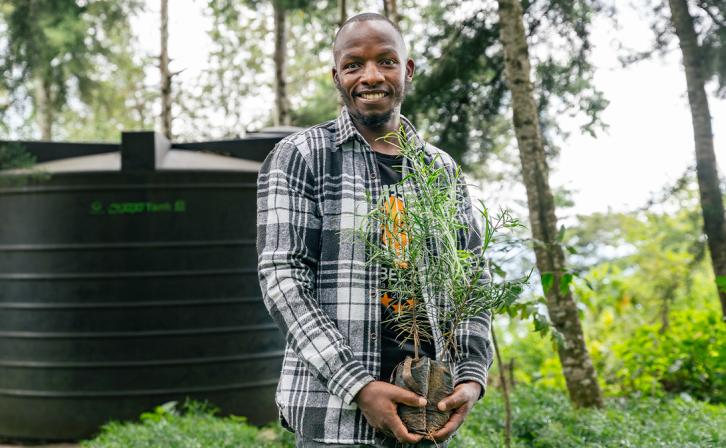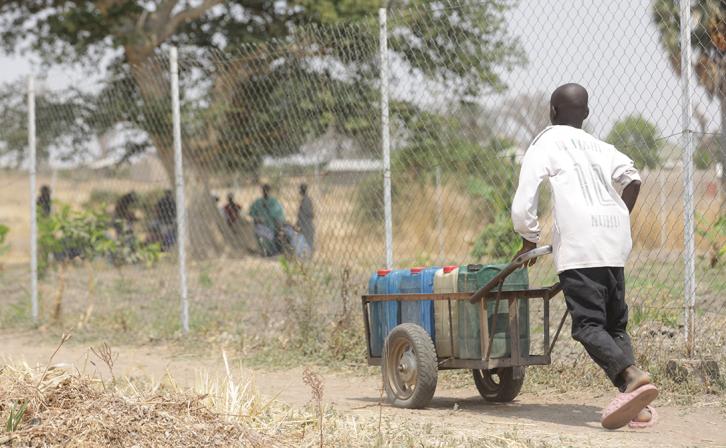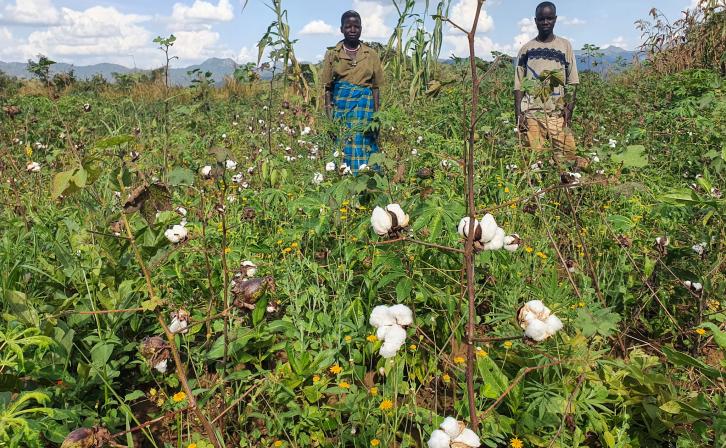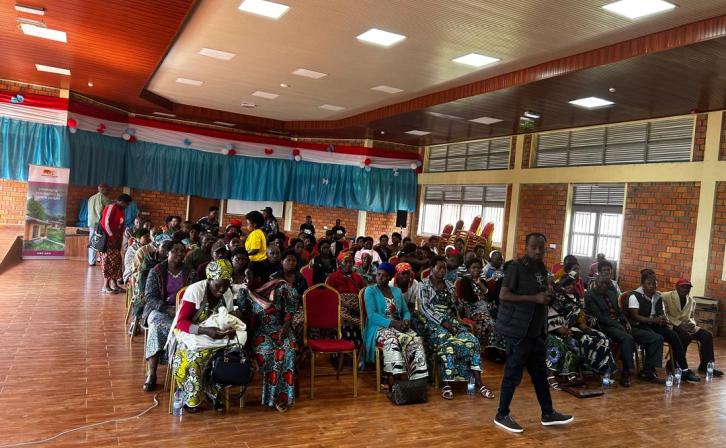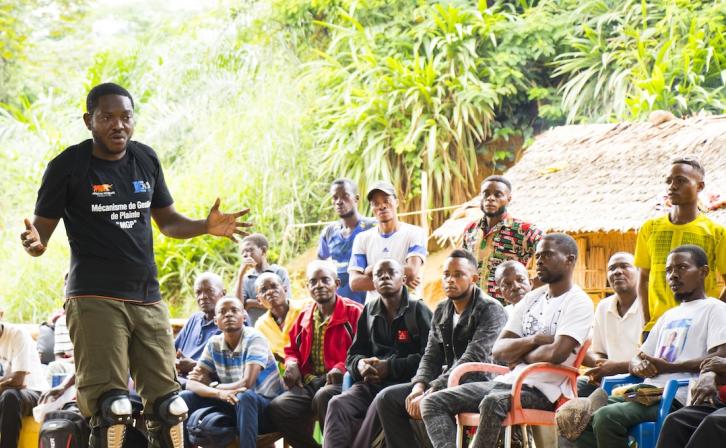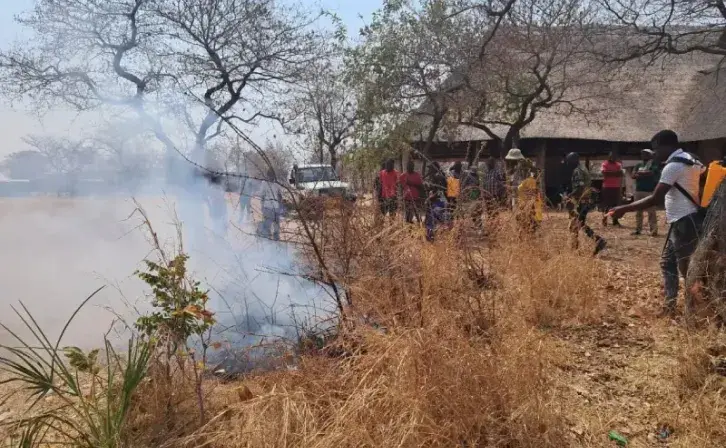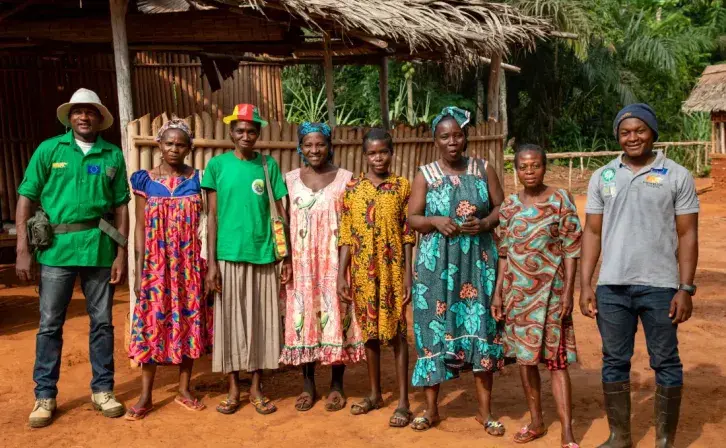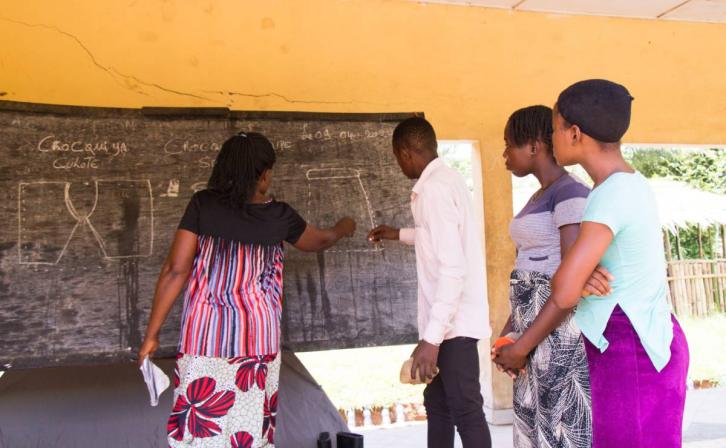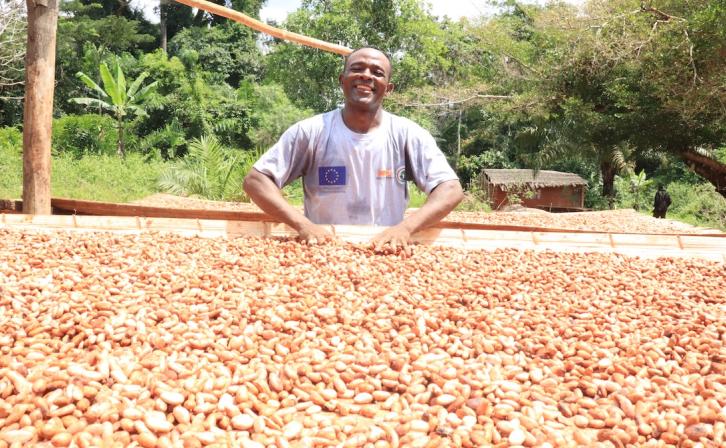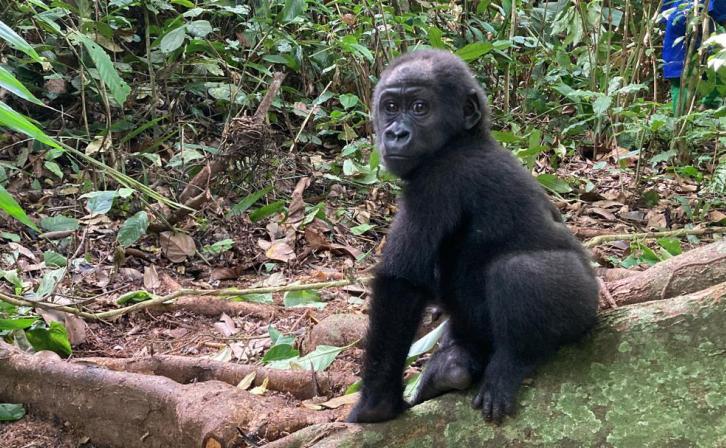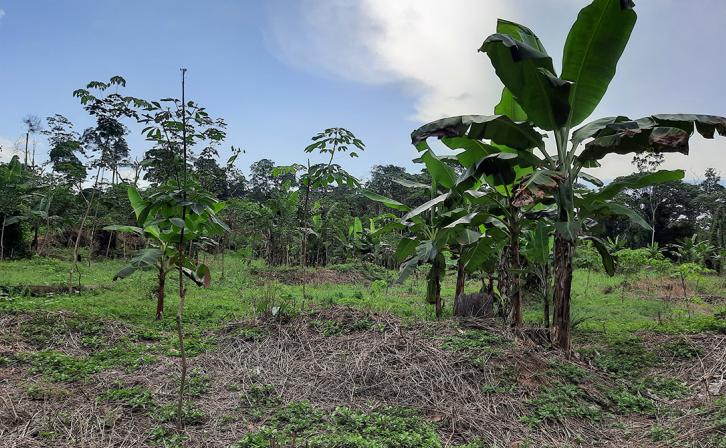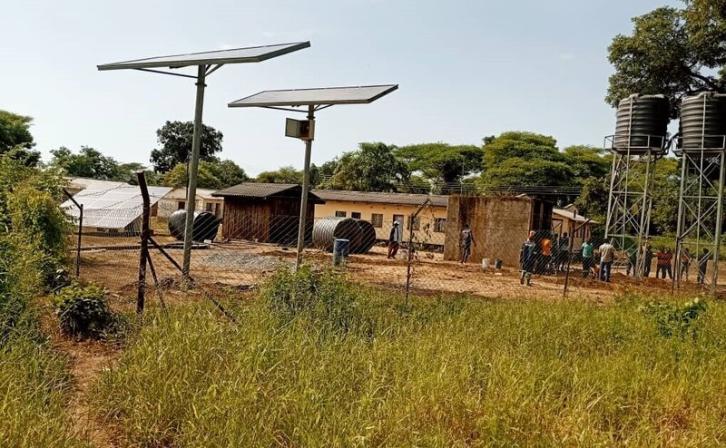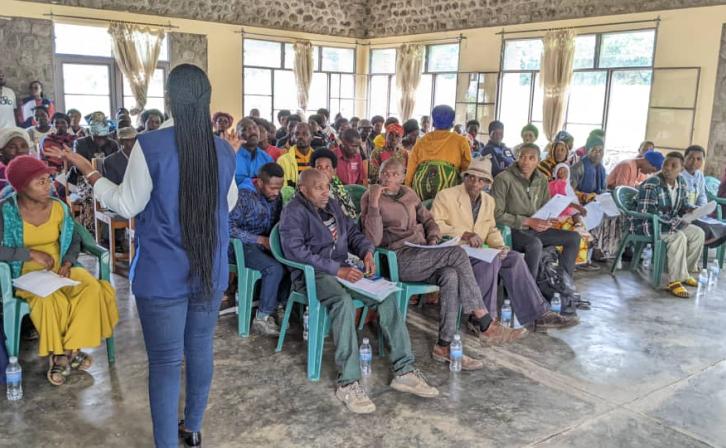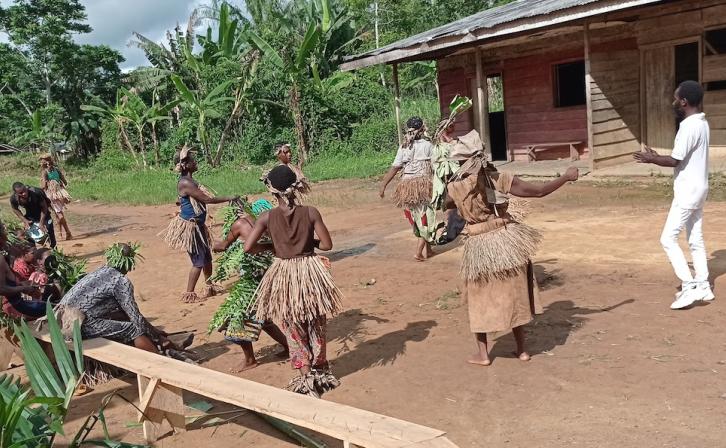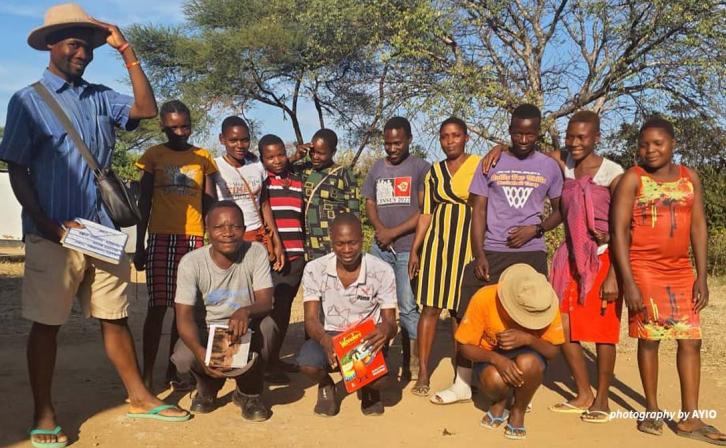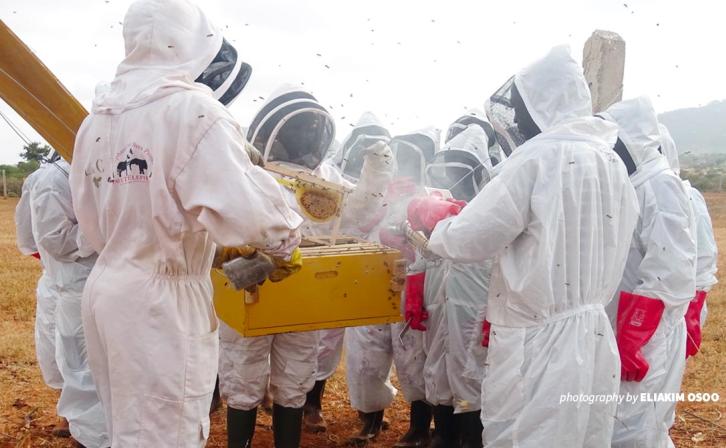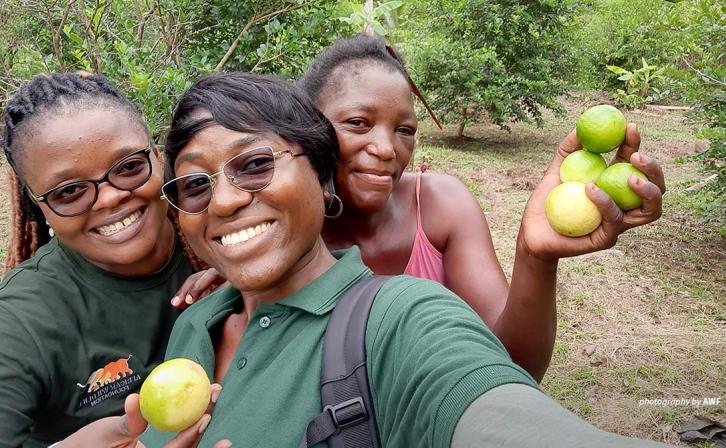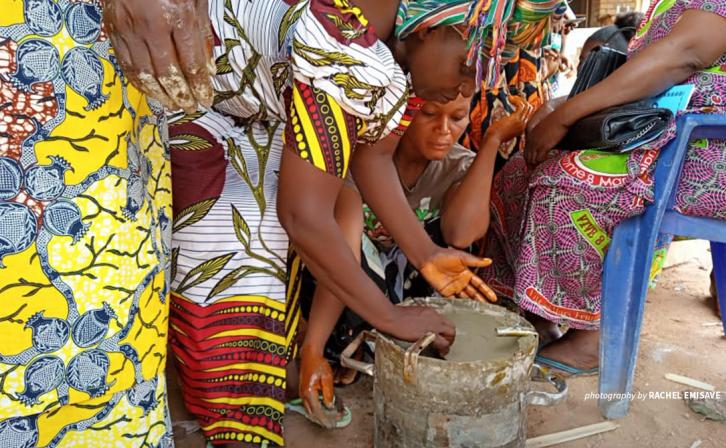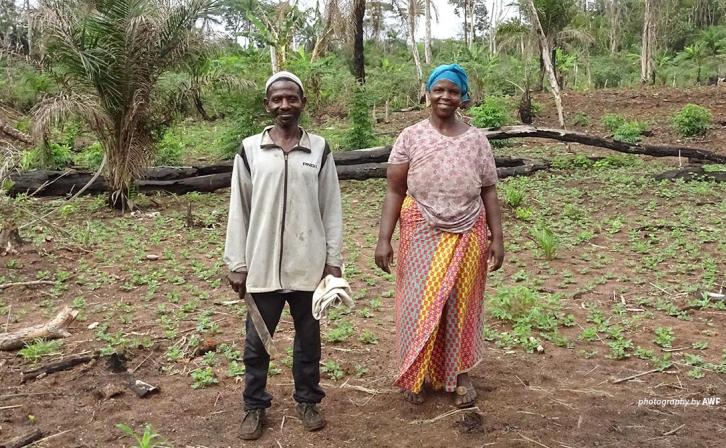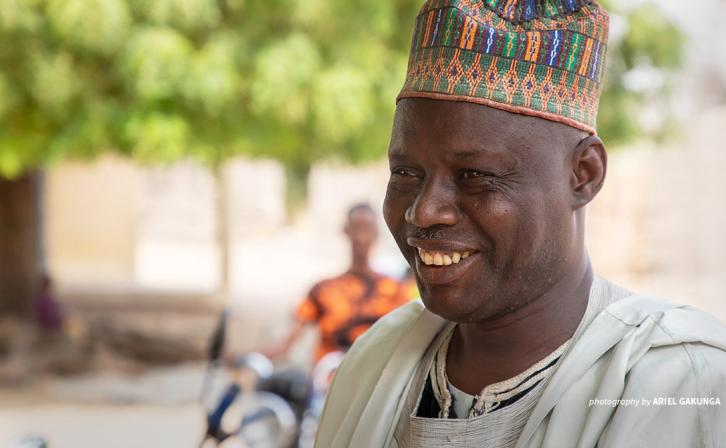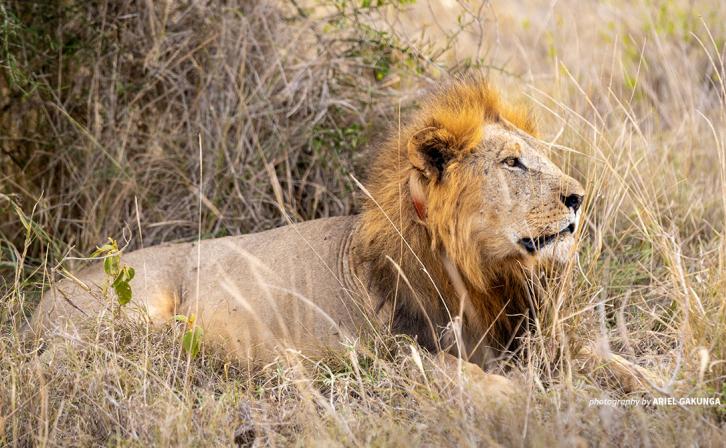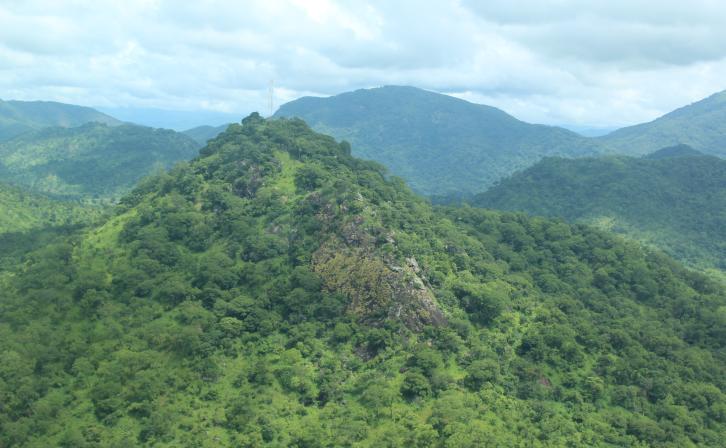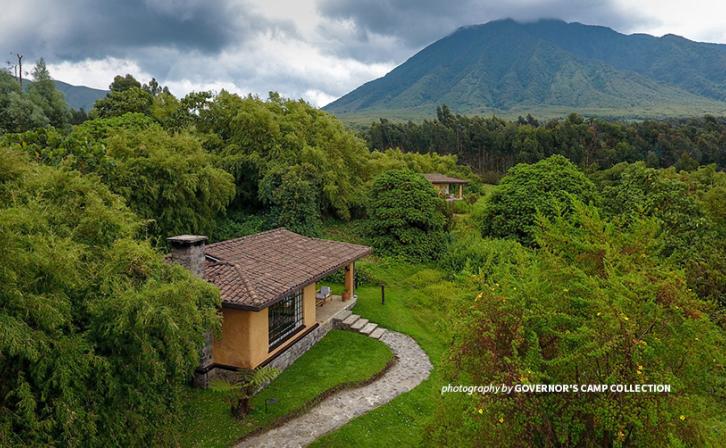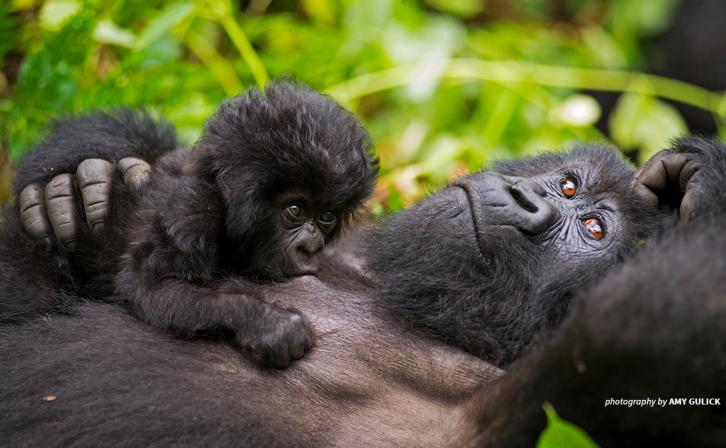How We Work
Enterprise
In many cases, poaching, unsustainable harvesting of natural products, and habitat loss from unsustainable forms of agriculture are the result of a lack of other economic options. We work with businesses and communities to diversify and facilitate sustainable income-generating activities. By engaging businesses in the context of our landscape work, we can help improve living conditions for families while reducing human impact on biodiversity.
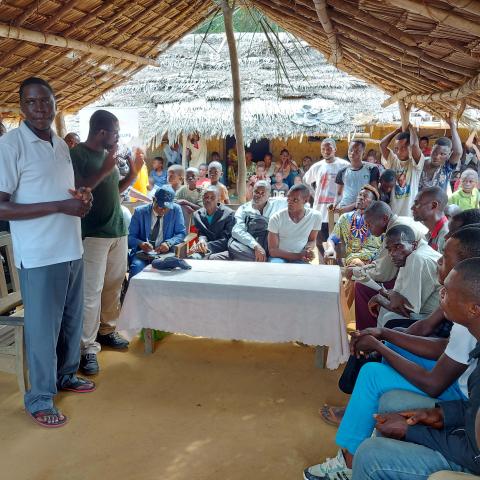
Technical Advisory & Training
Often, unsustainable ways of living aren’t just detrimental to wildlife and their habitats. They are inadequate for people too—bad for our health, our income, and our time.
We offer training on alternative livelihoods and advise on community planning, creating options that ease pressure on wildlife, contribute to the protection of biodiversity, and improve community wellbeing.
There are many examples: new stove-making techniques save time gathering fuelwood and produce less smoke; sustainable agriculture produces more yield and restores soil; making cosmetic products from the forest diversifies incomes of local community members, and much more. These strategies are completely community-driven—all we do is share the know-how. The active participation and support of local people are key to ensuring effective conservation efforts.
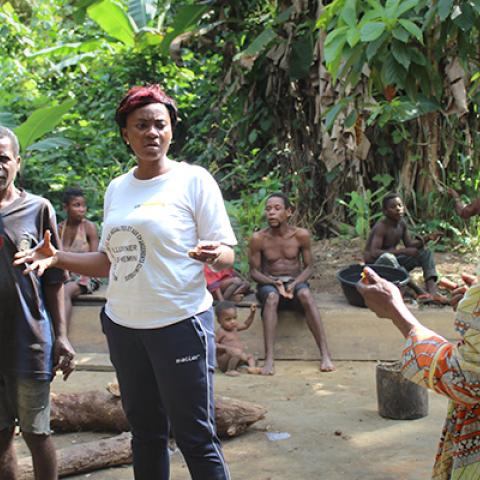
Human-Wildlife Conflict
When wildlife wander into human spaces, they can threaten crops, livestock, and people’s lives. In response to these threats, we deploy a holistic approach to human-wildlife conflict management based on local conditions. We work closely with communities, scientists, and wildlife authorities to provide resources and tools that monitor, predict, prevent, and mitigate unwanted encounters between wildlife and people.
